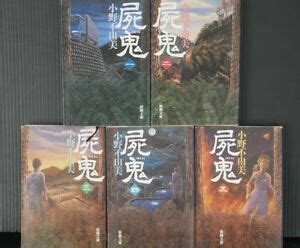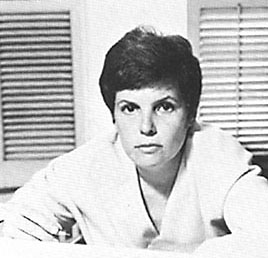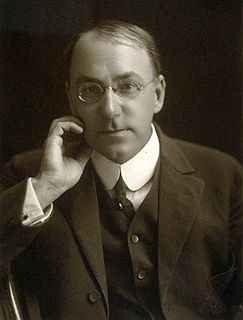A Quote by Haruki Murakami
She was truly a beautiful girl. I could feel a small polished stone sinking through the darkest waters of my heart. All those deep convoluted channels and passageways, and yet she managed to toss her pebble right down to the bottom of it all.
Related Quotes
She was beautiful, but not like those girls in the magazines. She was beautiful, for the way she thought. She was beautiful, for the sparkle in her eyes when she talked about something she loved. She was beautiful, for her ability to make other people smile, even if she was sad. No, she wasn't beautiful for something as temporary as her looks. She was beautiful, deep down to her soul. She is beautiful.
Once upon a time there was a girl who wanted to put her fist through a mirror. She would tell everyone it was so that she could see what was on the other side, but really, it was so that she wouldn't have to look at herself. That, and because she thought she might be able to steal a piece of glass when no one was looking, and use it to carve her heart out of her chest.
I say, 'Yeah, Taylor Swift.' I think she is a smart, beautiful girl. I think she's making all the right moves. She's got a good head on her shoulders. She's surrounded with wonderful people. Her songs are great. She keeps herself anchored. She knows who she is, and she's living and standing by that.
She had said she didn't feel fear, but it was a lie; this was her fear: being left alone. Because of one thing she was certain, and it was that she could never love, not like that. Trust a stranger with her flesh? The closeness, the quiet. She couldn't imagine it. Breathing someone else's breath as they breathed yours, touching someone, opening for them? The vulnerability of it made her flush. It would mean submission, letting down her guard, and she wouldn't. Ever. Just the thought made her feel small and weak as a child.
Cynie Cory roams the outer reaches of the heart’s territory, from the snowy winter of family life to the tropical jungles of love. She wears her heart on her sleeve and it is as big as the country she writes about. Is she the quintessential American girl? You bet she is, part Annie Oakley, part Emily Dickinson—sharpshooting poet of wild nights. She zooms in on the detritus of love—the broken fragments, the fallen leaves—and puts together a collage that is as heartbreaking as it is beautiful. Watch out—she’s driving down your street.
Sharp knives seemed to cut her delicate feet, yet she hardly felt them, so deep was the pain in her heart. She could not forget that this was the last night she would ever see the one for whom she had left her home and family, had given up her beautiful voice, and had day by day endured unending torment, of which he knew nothing at all. An eternal night awaited her.
Now she realized that she was not peering at a so-dark-blue-it-looked-black ocean, but rather she was looking straight through miles of incredibly clear water at something enormous and black in its nethermost depths. Maybe it was the bottom - so deep that not even light could touch it. And yet, down in those impossible depths, she thought she could see tiny lights sparkling. She stared uncertainly at the tiny glimmerings. They seemed almost like scattered grains of sand lit from within; in some places they clustered like colonies, faint and twinkling. Like stars.
She didn't care anymore... and she got no pleasure from the work she did, but she did it. Everything bored her. She found that when she didn't have a notebook it was hard for her to think. The thoughts came slowly, as though they had to squeeze through a tiny door to get to her, whereas when she wrote, they flowed out faster than she could put them down. She sat very stupidly with a blank mind until finall 'I feel different' came slowly to her mind. Yes, she thought, after a long pause. And then, after more time, 'Mean, I feel mean.
He was making her feel small and absurdly petulant and, worse yet, she suspected he was right. She always suspected he was right. For a brief irrational moment, she wished she could walk away from him. Then she wished, more rationally, that she could love him without needing him. Need gave him power without his trying; need was the choicelessness she often felt around him.
Hurry not a woman's favor; neither forcer her hastily to surrender to thee. For she goeth into love as she goeth into the waters at the seashore; first a hand and then a lip goeth she in by littles. She diveth not, she leapeth not from the pier; but by gentle shocks and cries of protest she entereth slowly; yet when the waters of love encompass her, then she is supported. She swimmeth in her joy; she floateth on the tide of happiness.
Day and night she had drudged and struggled and thrown her soul into her work, and there was not much of her left over for anything else. Being human, she suffered from this lack and did what she could to make up for it. If she passed the evening bent over a table in the library and later declared that she had spent that time playing cards, it was as though she had managed to do both those things. Through the lies, she lived vicariously. The lies doubled the little of her existence that was left over from work and augmented the little rag end of her personal life.




































